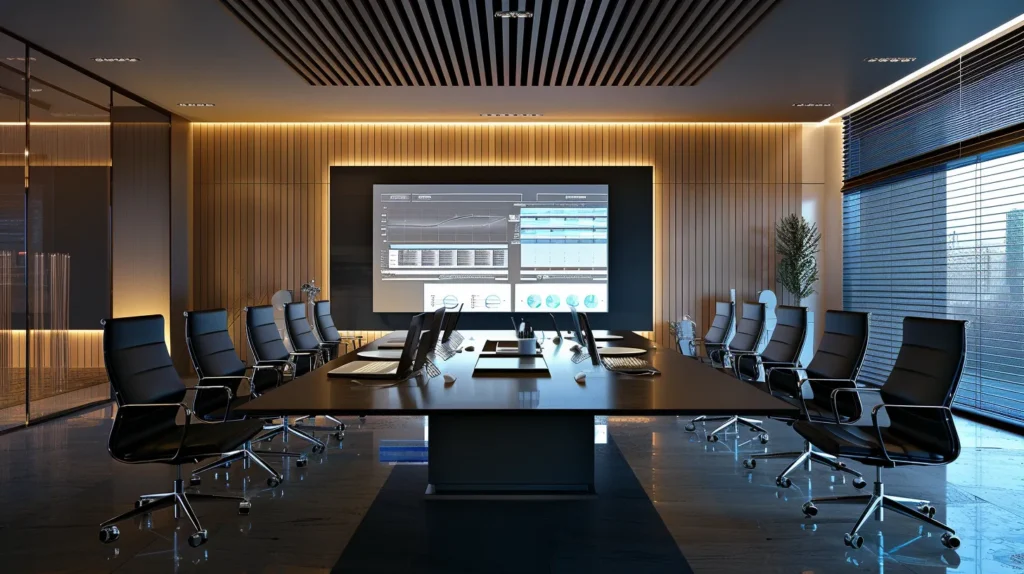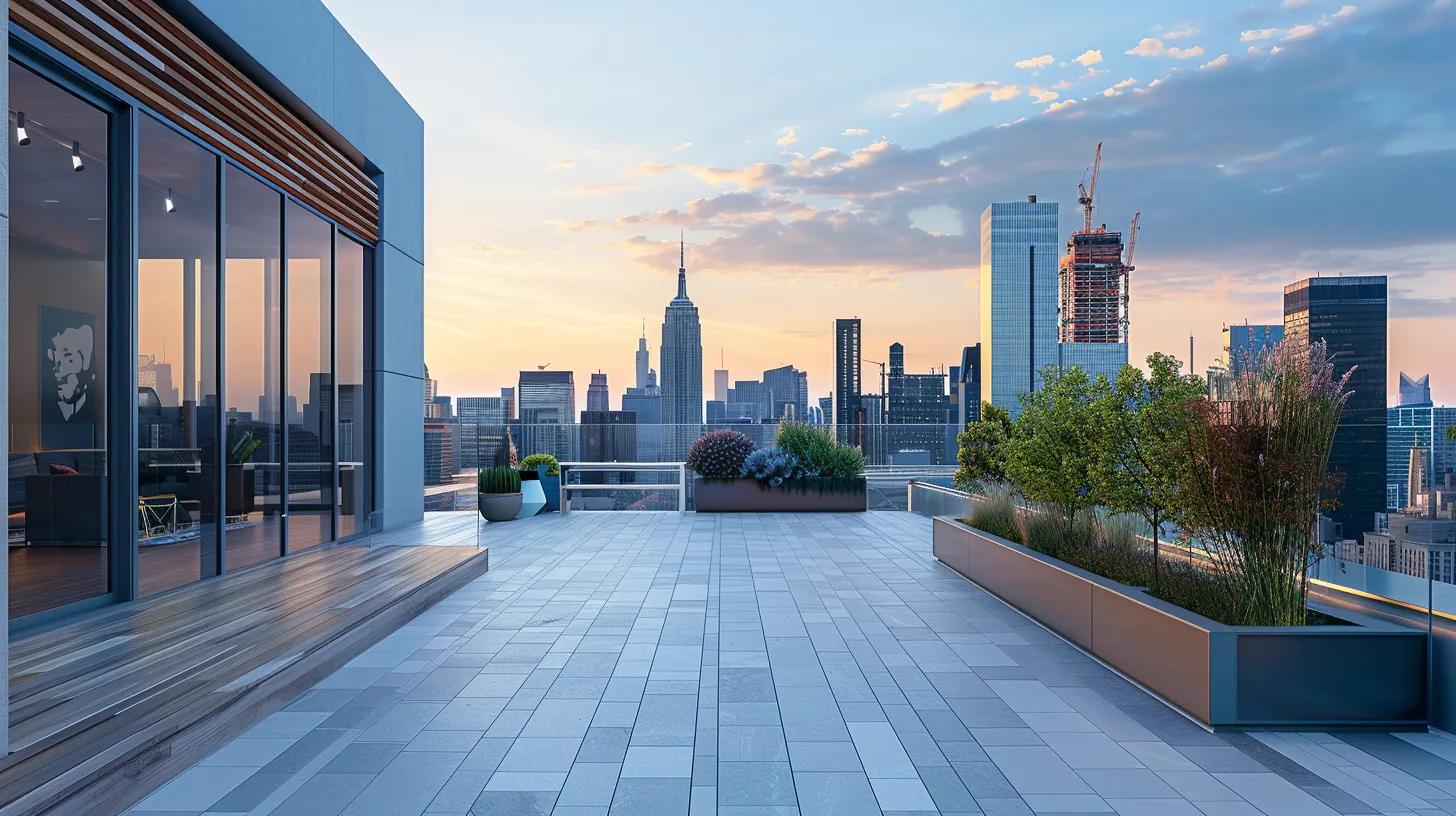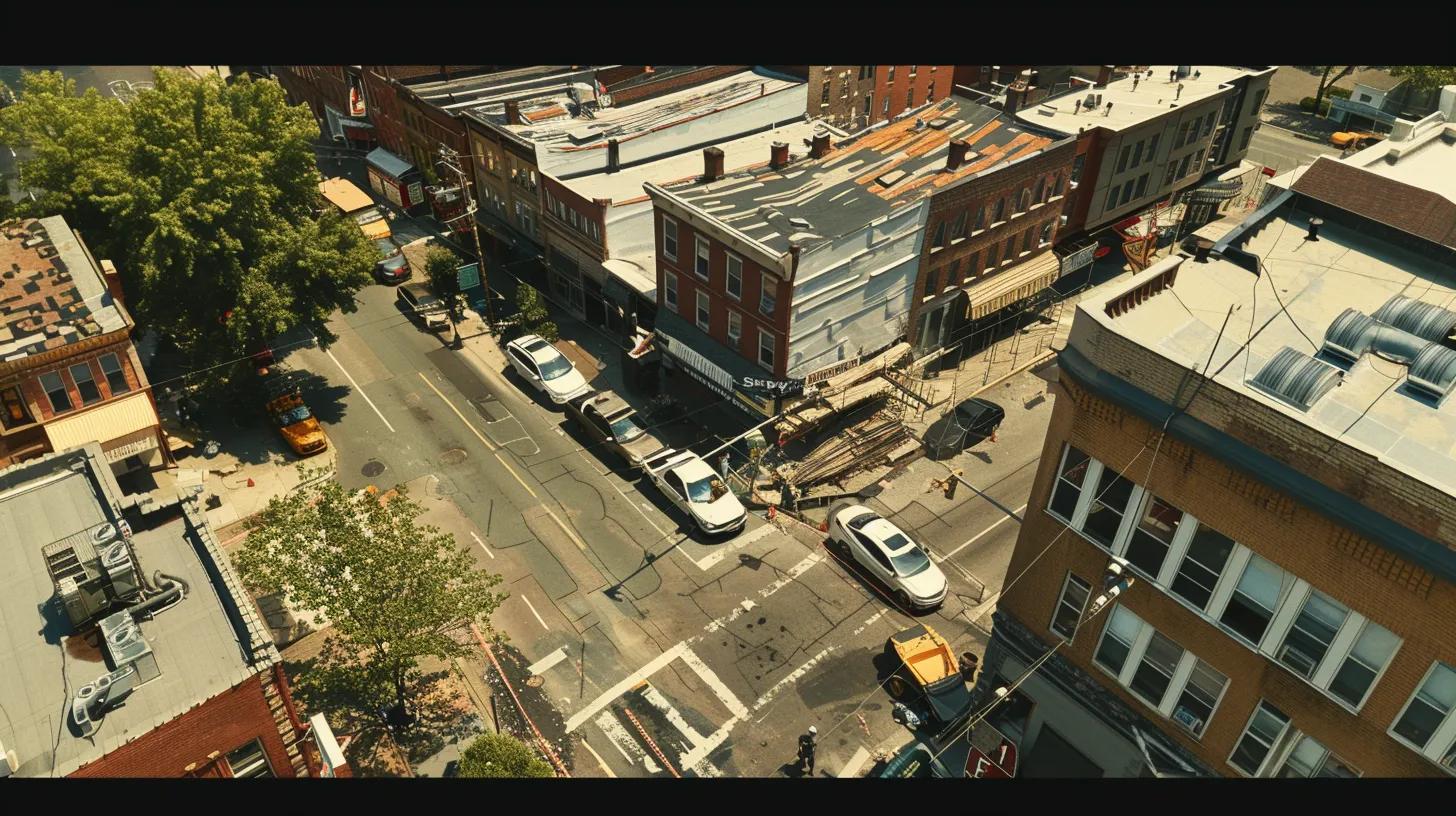Best Roofing Materials for Commercial Buildings in NJ
Choosing the right roofing material for commercial buildings in New Jersey can significantly impact durability and maintenance costs. This article explores the best roofing options, including single-ply membrane systems and metal roofing, while examining the benefits of each. Readers will learn how to select materials based on factors like climate and building use, ultimately helping them make informed decisions that enhance their property’s longevity and performance. Understanding these options will address concerns about long-term investments and maintenance needs for commercial roofs in NJ.
Key Takeaways
- durability is essential when selecting roofing materials for commercial buildings in New Jersey
- TPO roofing provides energy efficiency and is resistant to harsh weather conditions
- evaluating local climate influences the choice of roofing materials for effective stormwater management
- budget considerations play a critical role in determining suitable roofing options
- green roofing systems enhance sustainability and improve the aesthetic appeal of commercial properties
Understanding the Best Roofing Materials for Commercial Buildings in NJ
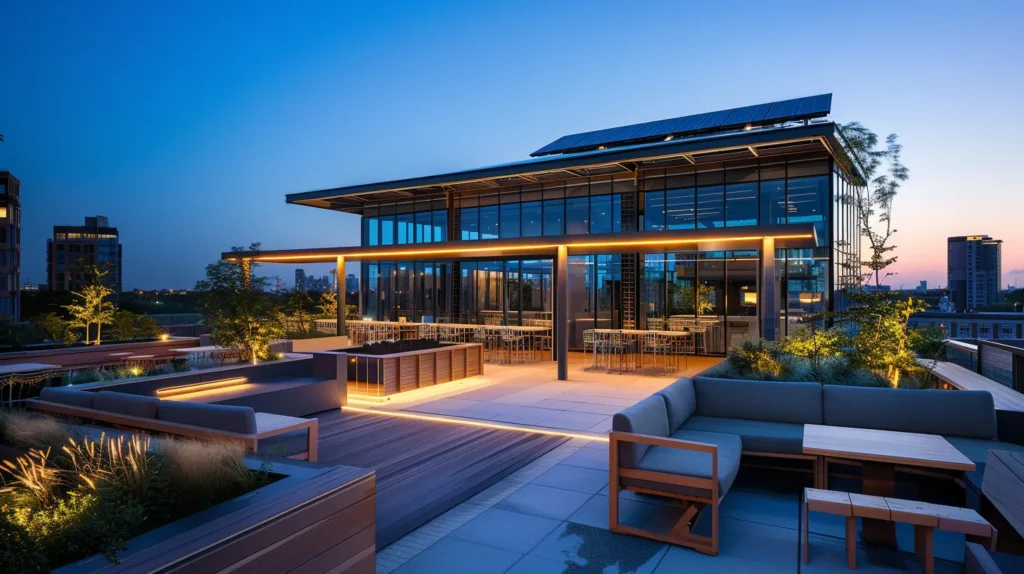
When considering the best roofing materials for commercial buildings in New Jersey, durability is paramount. Tile roofs offer excellent resistance to the harsh conditions often presented by the state’s weather, ensuring longevity and a notable life expectancy. Properties with tile roofing not only benefit from protection against UV rays and ozone damage but also enjoy additional aesthetic value. Partnering with reliable masonry services further enhances the quality and longevity of the roofing system.
Thermoplastic roofing is another popular choice for commercial structures. This type of roofing is known for its exceptional energy efficiency, which contributes to lower utility costs. Moreover, thermoplastic membranes can be easily installed, repaired, and are resistant to ultraviolet light, which enhances their overall performance and life expectancy.
Implementing photovoltaic technology is becoming increasingly important in commercial roofing. By integrating solar panels, buildings can convert sunlight into electricity, reducing dependence on traditional energy sources. Photovoltaics can complement various roofing materials, including thermoplastic and metal systems, paving the way for sustainable solutions.
Lastly, the selection of roofing materials should reflect the specific needs of the commercial property. Factors such as budget, local climate, and intended use play critical roles in determining the best option. Researching suitable materials will aid property owners in making informed decisions that ensure optimal performance and longevity for their roofs.
Choosing the right roofing material is just the beginning. Next, one must consider key factors that truly define the best choice for commercial buildings.
Factors to Consider When Selecting Commercial Roofing Materials
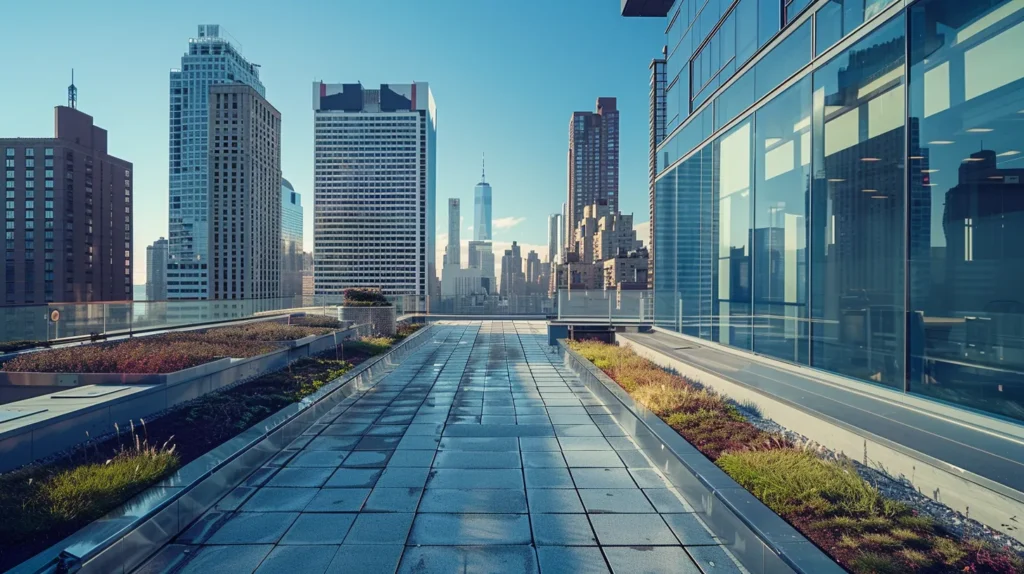
Property owners should first consider the type of commercial flat roof system that best suits their needs. The choice between single-ply membranes, built-up roofs, or metal options can significantly impact overall performance, durability, and cost-effectiveness.
Budget constraints are another critical factor in selecting commercial roofing materials. The initial investment for a particular roofing system, including installation and maintenance costs, will affect long-term financial planning for the property owner.
Weather conditions in New Jersey also play a vital role in determining the ideal roofing material. Commercial roofing contractors often recommend materials that can withstand harsh winters and intense summer heat, ensuring the roof‘s longevity and performance throughout the year.
Lastly, the incorporation of vegetation through green roofing systems can enhance both environmental benefits and aesthetic appeal. This approach not only supports energy efficiency but also promotes stormwater management, providing a practical solution for urban commercial properties.
With many materials available, finding the right fit can be a challenge. Next, let’s look at the top choices for roofing that stand strong in New Jersey’s commercial landscape.
Top Roofing Materials Used for Commercial Buildings in NJ
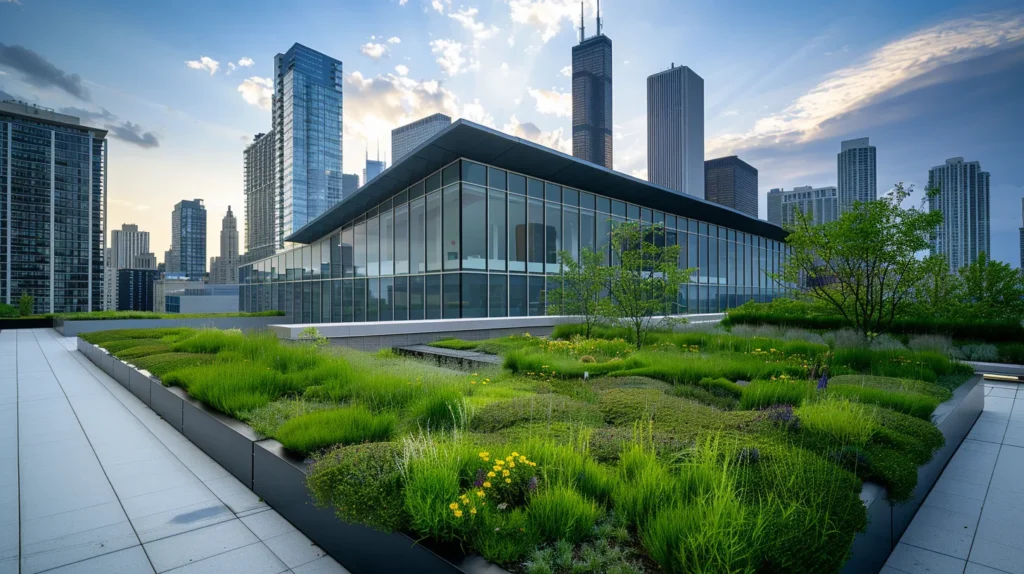
Metal roofing remains a favored option for commercial buildings in New Jersey due to its durability and resistance to harsh weather. This type of roofing can withstand extreme temperatures and is often treated with a protective coating that includes chloride, enhancing longevity. Metal roofs are also energy-efficient, reflecting sunlight to reduce cooling costs while decreasing carbon emissions.
TPO (Thermoplastic Olefin) roofs are another popular choice among commercial property owners. These roofs are designed to be resistant to leaks and are environmentally friendly, contributing to reduced utility expenses. Many commercial roofing contractors recommend TPO for its ease of installation and robust performance in varying weather conditions.
EPDM (Ethylene Propylene Diene Monomer) is a reliable option for flat roofing systems. This rubber roofing material stands up well to UV rays and ozone, ensuring long-lasting protection for commercial properties. Its ability to withstand harsh conditions helps prevent leaks and other damage, making it a practical solution for cost-conscious property owners.
Green roofing systems, designed to incorporate soil and vegetation, offer additional benefits beyond traditional materials. These systems promote sustainability by enhancing energy efficiency and managing stormwater. By investing in green roofs, commercial owners can reduce their ecological footprint while also improving their property’s aesthetic appeal.
- Metal roofing for durability and energy efficiency.
- TPO for leak resistance and easy installation.
- EPDM for flat roofing performance and UV protection.
- Green roofing systems for sustainability and aesthetic value.
The sun beat down on the flat roofs of New Jersey, where choices mattered. Single-ply membrane systems stood ready to protect buildings, offering durability and efficiency that few could ignore.
Single-Ply Membrane Systems for NJ Commercial Buildings
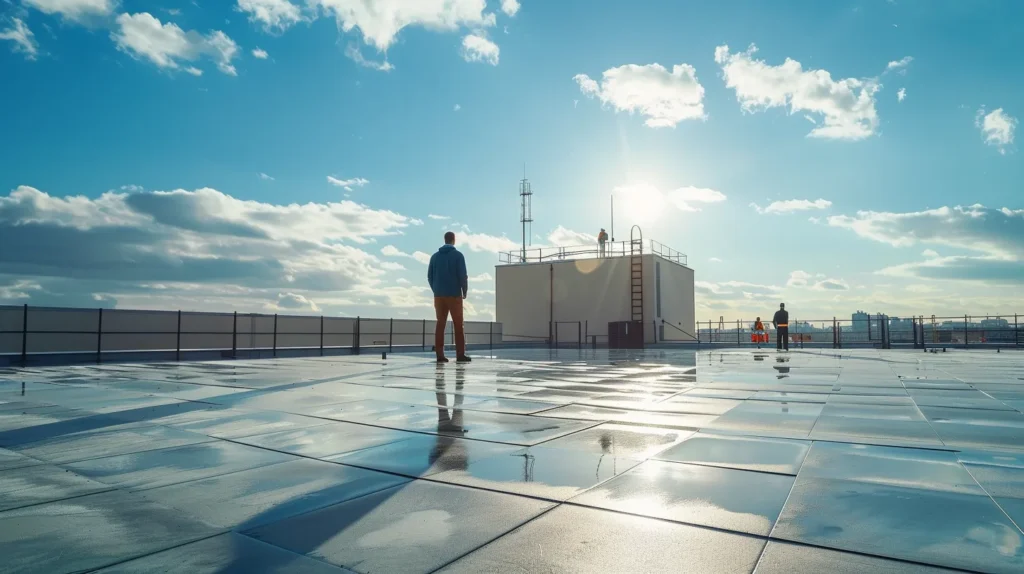
TPO roofing offers significant benefits for energy conservation in New Jersey’s climate, providing a cost-effective solution for commercial buildings. Evaluating PVC roofing reveals its effectiveness against hail and harsh weather, making it a practical choice. Meanwhile, EPDM, made from ethylene propylene rubber, delivers long-lasting durability and protection, ensuring that NJ businesses can rely on their investments during renovations and beyond.
TPO Roofing Benefits in New Jersey
TPO roofing offers numerous advantages for commercial buildings in New Jersey, particularly in energy efficiency and durability. As a thermoplastic olefin material, it effectively reflects ultraviolet rays, thereby reducing cooling costs during the state’s hot summers. With a unique blend of petroleum-based compounds, TPO roofs have proven to withstand potential damage from harsh weather conditions, ensuring long-term protection for commercial properties.
Another significant benefit of TPO roofing is its seamless installation process, which minimizes the risk of leaks compared to traditional gravel roofs. This characteristic not only enhances performance but also offers a practical solution for property owners concerned about maintenance and repair costs. With an emphasis on sustainability, TPO systems contribute to lower energy consumption, making them a sensible investment for businesses looking to improve their overall operational efficiency:
| Benefit | Description |
|---|---|
| Energy Efficiency | Reflects ultraviolet rays to reduce cooling costs. |
| Durability | Resistant to harsh weather conditions and potential damage. |
| Seamless Installation | Minimizes the risk of leaks for enhanced performance. |
| Cost-Effective | Lower long-term maintenance and repair expenses. |
| Sustainability | Contributes to reduced energy consumption and operational efficiency. |
Evaluating PVC Roofing for Local Climate
PVC roofing presents a viable option for commercial buildings in New Jersey, particularly due to its weight and durability in various weather conditions. The material’s lightweight nature allows for easier installation compared to heavier alternatives such as metal roofs, which can mitigate structural concerns for older buildings. PVC roofs are also known for their longevity, often lasting over two decades with proper maintenance, making them a sound choice for property owners looking for reliable roofing solutions.
Considering the local climate, PVC roofing excels in resisting harsh UV rays and fluctuations in temperature, which are common in New Jersey. The robustness of PVC ensures that roofs remain intact during severe weather, reducing the risk of leaks and other damage often seen with less durable options. This resilience, paired with its energy efficiency, makes PVC an attractive choice for business owners focused on long-term cost savings and a sustainable approach to roofing.
EPDM: Long-Lasting Solutions for NJ Businesses
EPDM roofing, designed specifically for low slope roofs, offers a resilient solution that effectively manages water drainage while minimizing potential issues related to debris accumulation. This material’s flexibility and durability make it ideal for commercial buildings in New Jersey, as it withstands the region’s varying weather conditions. By maintaining a flat surface, EPDM reduces the risk of water pooling, which can lead to leaks and structural damage over time.
Furthermore, EPDM’s superior resistance to UV radiation and harsh elements ensures a long service life, making it a popular choice among businesses in North America. Its installation process often involves seamless sheets that bond well with steel and other materials, providing a secure fit that enhances overall roof integrity. For property owners seeking cost-effective and reliable roofing solutions, EPDM stands out as an excellent investment that safeguards their buildings against the challenges posed by New Jersey’s climate.
As commercial buildings face the elements, the choice of roofing becomes crucial for lasting protection. Next, Modified Bitumen roofing offers unique advantages and challenges that every property owner should consider.
Modified Bitumen Roofing: Pros and Cons for Commercial Properties
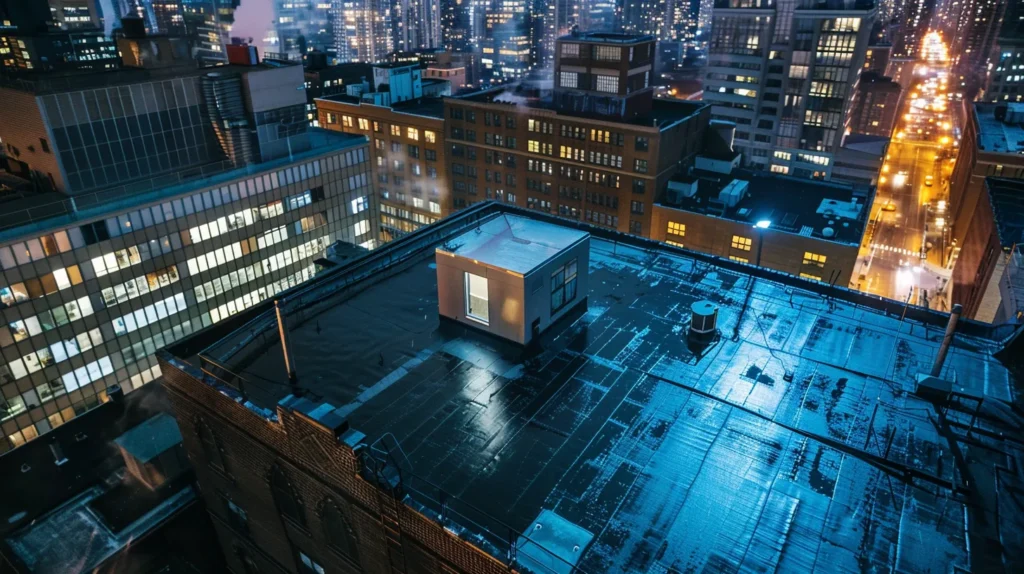
Modified bitumen roofing offers several advantages for commercial buildings, particularly in terms of durability and waterproofing. This material can withstand extreme temperatures and is highly resistant to damage from UV radiation, ensuring longevity for commercial roofs throughout New Jersey’s varied climate.
One key benefit of modified bitumen is its ease of installation. Contractors can utilize a variety of application methods, including the use of solvent-based adhesives or hot asphalt techniques, allowing for flexibility in mounting depending on specific project conditions.
Despite its many benefits, modified bitumen roofing does have drawbacks. The reliance on materials like polyvinyl chloride can lead to concerns about environmental impact, particularly for businesses focused on sustainability and eco-friendly practices.
Additionally, the installation process may come with limitations concerning material compatibility, especially when integrating tin or other metal components into the roofing system. Understanding these pros and cons aids property owners in determining whether modified bitumen is the right choice for their needs:
| Aspect | Details |
|---|---|
| Durability | Resistant to UV radiation and harsh temperatures. |
| Installation | Flexible application methods with solvent-based adhesives. |
| Environmental Impact | Concerns with polyvinyl chloride usage. |
| Compatibility | Potential issues with integrating tin and other metals. |
Modified bitumen roofing offers clear benefits, yet it has its drawbacks. Now, let’s turn to built-up roofing systems, a strong choice for commercial structures in New Jersey, where durability meets practicality.
Built-Up Roofing Systems for New Jersey Commercial Structures
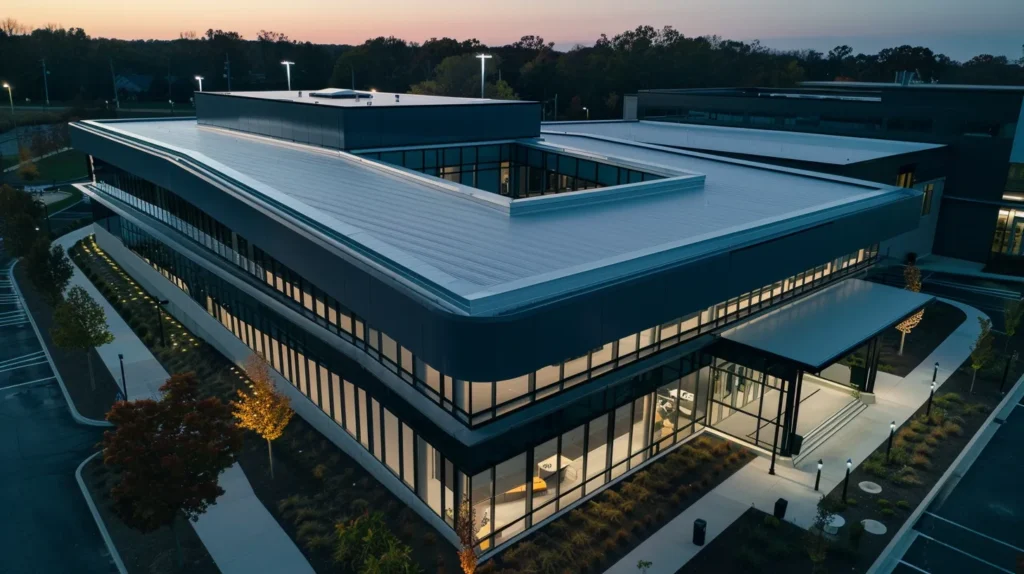
Hot tar roofing systems offer significant benefits for flat roof applications in New Jersey, particularly in efficiency and durability. Built-up roofs are cost-effective, providing a reliable adhesive bond that enhances membrane roofing integrity. This section examines the practical advantages of hot tar roofing while emphasizing how these systems can optimize expenses and performance for commercial property owners.
Benefits of Hot Tar Roofing in NJ
Hot tar roofing offers substantial benefits for commercial buildings in New Jersey, particularly for flat and low-slope roofs. The durability of this system is enhanced by its ability to withstand harsh weather conditions, while the layered construction helps prevent mold growth, a significant concern in humid environments. Property owners in various zip codes across the state can rely on this roofing method for its longevity and effectiveness in protecting their investments.
Furthermore, hot tar roofing systems utilize monomer-based materials that provide excellent adhesion and insulation, making them a smart choice for energy efficiency. This type of roofing not only deters water infiltration but also supports cost-effective maintenance over time. For businesses looking for reliable solutions, hot tar roofs serve as a formidable barrier against the elements, ensuring lasting performance and peace of mind.
Cost Efficiency of Built-Up Roofs
Cost efficiency is a significant advantage of built-up roofs for commercial properties in New Jersey. These systems typically provide a long-lasting solution that can withstand harsh weather conditions, reducing the need for frequent repairs or replacements. By following local building codes and integrating robust waterproofing measures, such as scrim layers, property owners can enhance the roof’s durability and performance, leading to substantial long-term savings on roofing services nj.
Moreover, built-up roofs are designed to combat common issues like mildew and mold growth, which can lead to costly damages over time. The layered construction not only acts as an effective barrier against moisture but also supports energy efficiency, thus lowering utility costs. With these systems in place, commercial property owners can enjoy reliable roofing solutions that align with their budgetary needs and operational goals:
| Benefit | Description |
|---|---|
| Durability | Withstands harsh weather conditions and requires less maintenance. |
| Waterproofing | Layered design effectively prevents water infiltration. |
| Cost Savings | Reduces long-term repair and replacement expenses. |
| Mildew Prevention | Resists mold and mildew growth, protecting the building’s integrity. |
| Energy Efficiency | Supports lower utility costs, enhancing operational efficiency. |
Built-up roofing systems provide reliable protection for commercial structures, but they are not the only option. Metal roofing options offer durability and style, making them a worthy consideration for New Jersey’s diverse commercial buildings.
Metal Roofing Options for Commercial Buildings in NJ
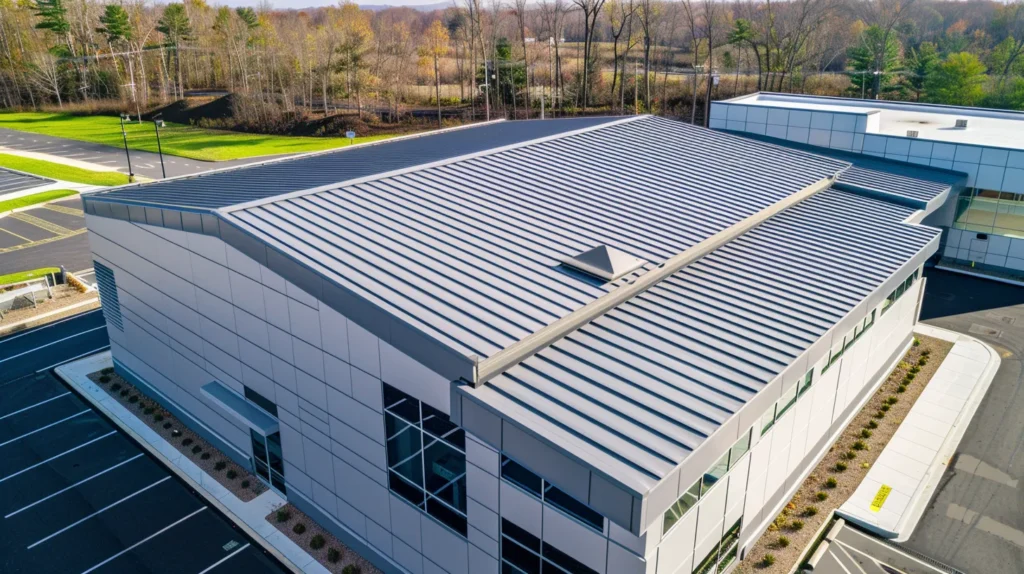
Aluminum metal roofing offers valuable advantages, including energy efficiency and resistance to heat, making it a practical choice for commercial buildings in New Jersey. Steel roofing also provides significant benefits, such as durability and cost-effectiveness for roof replacement. Furthermore, selecting Galvalume ensures long-lasting performance against the elements while enhancing the overall energy efficiency of properties, especially when combined with spray foam insulation.
Advantages of Aluminum Metal Roofing
Aluminum metal roofing stands out as an exceptional choice for commercial buildings in New Jersey, particularly due to its lightweight nature and resilience against extreme weather conditions. This roofing material effectively sheds snow during winter, reducing the risk of heavy snow accumulation that can lead to structural damage. Additionally, aluminum roofs can be paired with quality roof coatings, further enhancing their durability and energy efficiency, making them suitable for a variety of commercial applications.
In terms of maintenance, aluminum roofing requires less frequent intervention compared to traditional materials like wood, ensuring reduced long-term costs for property owners. Furthermore, aluminum’s resistance to rust and corrosion is particularly beneficial in a state that experiences seasonal temperature fluctuations and intense storms. This roofing option not only provides reliable protection but also supports the effective integration of chimney services, maintaining the aesthetic integrity and function of commercial properties.
Steel Roofing Benefits for NJ Businesses
Steel roofing serves as an excellent investment for businesses in New Jersey, primarily due to its durability and resilience. This material can withstand harsh weather conditions, including high winds and heavy snowfall, thereby protecting commercial properties from potential damage. With proper installation by professional roofing services, steel roofing can provide long-term value while requiring minimal maintenance compared to other materials.
Moreover, steel roofing is often considered an environmentally friendly option as it is typically made from recycled materials and can be fully recycled at the end of its life cycle. For those interested in enhancing energy efficiency, steel roofs can be coated with polymer materials to increase reflectivity, further reducing cooling costs. By choosing steel roofing, NJ businesses not only secure their investments but also contribute to sustainable building practices.
| Benefit | Description |
|---|---|
| Durability | Withstands severe weather, protecting commercial properties. |
| Low Maintenance | Requires less frequent repairs compared to other materials. |
| Environmentally Friendly | Made from recycled materials and recyclable post-use. |
| Energy Efficiency | Coated options enhance reflectivity, lowering cooling costs. |
Choosing Galvalume for Durability
Choosing Galvalume for commercial roofing offers significant durability advantages due to its unique coating that combines zinc and aluminum. This composition enhances resistance to corrosion and weathering, making it an excellent choice for New Jersey’s varied climate. Additionally, Galvalume roofs can often be integrated with polyester products for extra protection, ensuring that the roofing system remains intact and effective over the long term.
When investing in a Galvalume commercial roof system, property owners typically benefit from extended warranties that reflect the material’s durability and performance. With its low maintenance requirements and ability to withstand extremes, including high winds and heavy rainfall, Galvalume ensures that business properties remain secure and energy-efficient. This choice can reduce the need for costly repairs associated with traditional bitumen roofing, addressing the pain points faced by facility managers and investors alike.
Metal roofing stands strong, but asphalt shingles hold their own in the commercial sector. For those seeking reliability and cost-effectiveness, shingles present a compelling option worth examining.
Asphalt Shingles: A Reliable Choice for Commercial Properties in NJ
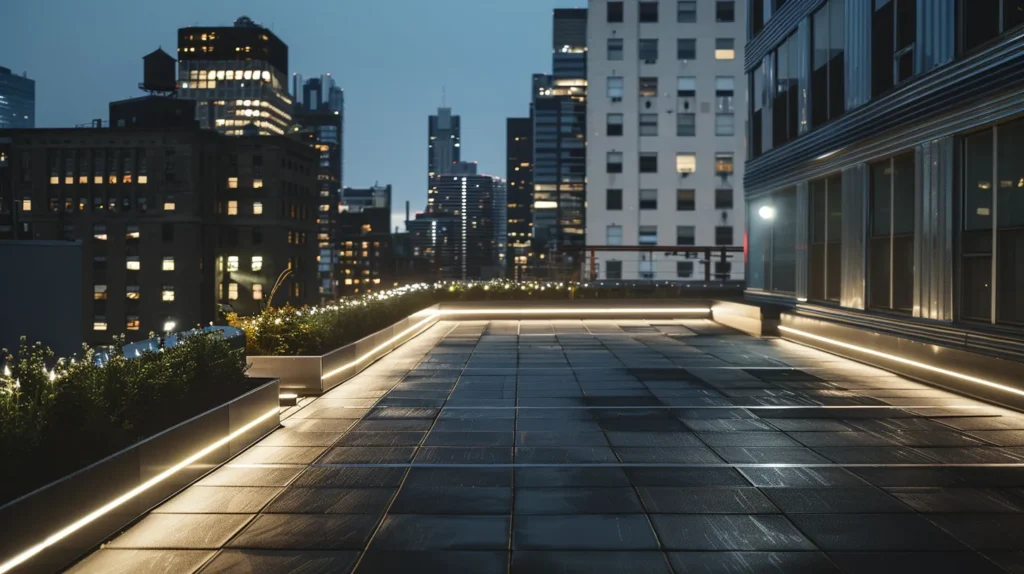
Asphalt shingles provide a reliable and cost-effective roofing solution for commercial properties in New Jersey. These materials feature a blend of organic and inorganic components, including fibers and polyolefin, enhancing durability and flexibility against harsh weather conditions.
With their capacity to withstand heavy rain and mitigate flood risks, asphalt shingles present an advantageous option for commercial buildings. Their installation involves using fasteners that secure the shingles effectively, contributing to long-lasting performance and stability.
Furthermore, asphalt shingles can support energy efficiency in commercial settings by integrating with green roof systems. This combination promotes sustainability while reducing the overall carbon footprint of the property, aligning with modern environmental standards.
The use of propylene enhances the resilience of asphalt shingles, ensuring they perform well in varying temperatures and humidity levels. This high-performance roofing material effectively protects commercial buildings, making it a preferred choice for property managers and owners throughout New Jersey.
Every roof tells a story about its choice. Understanding those choices is key to protecting your investment in New Jersey.
Making the Right Choice for Your Commercial Roof in New Jersey
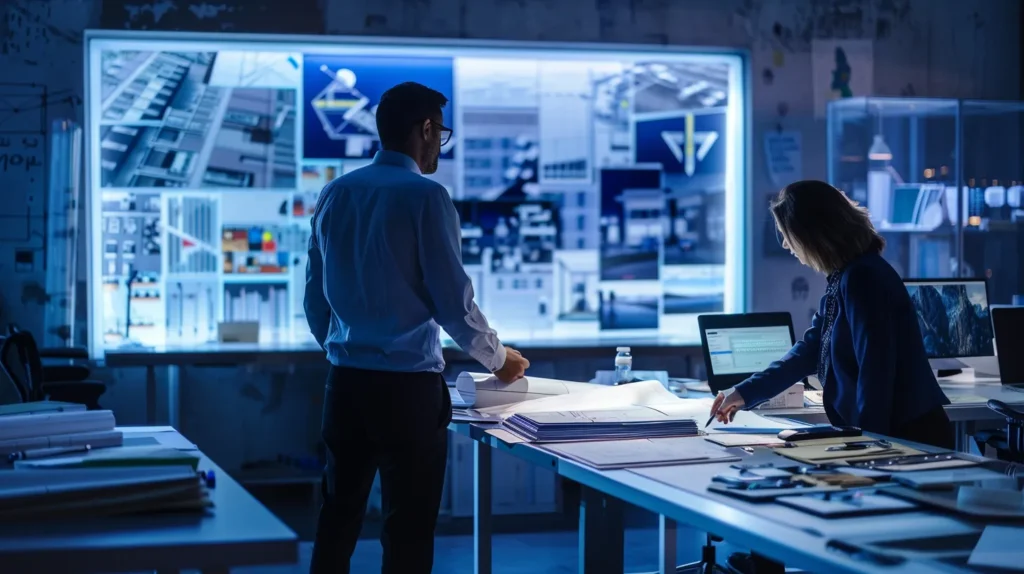
Assessing the specific needs of a commercial building is essential for selecting the appropriate roofing material. Evaluating local weather patterns, such as heavy rainfall and storms, will influence choices to ensure durability and effective stormwater management. Budgeting for the project, including potential costs of materials like zinc and tar, is critical for achieving lasting results. These considerations will guide property owners in making informed decisions about their roofing solutions.
Assessing Your Building’s Needs
Assessing the specific needs of a commercial building is crucial for selecting the most suitable roofing material. Property owners should evaluate factors such as the local climate, which influences moisture levels and necessitates the use of materials that can adequately manage water. Additionally, considering energy efficiency options like foam insulation can significantly contribute to long-term savings and improved sustainability.
It is also important to understand the intended use of the building, as this impacts the choice of roofing materials. For instance, businesses seeking a durable and aesthetic option might consider slate roofing, while those prioritizing budget-friendly solutions may prefer alternatives like asphalt or modified bitumen. By conducting a thorough assessment, property owners can secure a roof that not only meets performance standards but also aligns with their operational goals:
- Evaluate local climate conditions for moisture management.
- Consider energy efficiency features like foam insulation.
- Determine the usage requirements of the building.
- Explore aesthetic options, such as slate roofing.
- Assess budget constraints to identify suitable materials.
Evaluating Local Weather Impact on Roofing Choices
Evaluating local weather conditions is essential for selecting the right roofing materials for commercial buildings in New Jersey. With the potential for heavy rainfall, snow, and temperature fluctuations, property owners should consider options like synthetic rubber roofs, which provide excellent waterproofing and durability. In addition, the use of welding techniques to secure flashing can enhance the integrity of the roofing system, preventing leaks and prolonging its lifespan against harsh elements.
Furthermore, roofing solutions that incorporate materials such as polypropylene can offer increased resilience to UV rays and extreme weather. Understanding the specific weather challenges in New Jersey allows property owners to make informed choices about roofing systems that meet durability standards. Prioritizing these practical aspects ensures a reliable roofing option that effectively addresses local environmental conditions:
- Assess local weather patterns to determine roofing resilience.
- Consider synthetic rubber for superior waterproofing abilities.
- Implement welding techniques for secure flashing installation.
- Incorporate polypropylene for UV protection and durability.
- Make informed choices based on New Jersey’s climatic challenges.
Budgeting for Your Commercial Roof Project
When budgeting for a commercial roof project in New Jersey, property owners must account for various factors, including material choices and local climate impacts. Materials such as fiberglass and plastics may offer affordability in certain applications, but their performance under New Jersey’s diverse weather conditions must be carefully considered. Engaging with roofing contractors for thorough inspections can reveal potential challenges related to wear and maintenance, which influences overall cost considerations.
Moreover, understanding the lifecycle costs of roofing materials is essential. While initial expenses may vary significantly, selecting durable options can result in lower long-term maintenance costs. By focusing on high-quality materials that withstand New Jersey’s climate, such as reinforced plastics, businesses can ensure that their investments yield reliable protection and performance. This strategic approach allows property owners to establish a budget that balances upfront costs with long-term operational efficiency.
Conclusion
Selecting the best roofing materials for commercial buildings in New Jersey is essential for ensuring durability and performance against the state’s diverse weather conditions. Property owners must consider various factors, including budget, climate resilience, and energy efficiency, to make informed decisions that protect their investments. The advantages of materials such as metal, TPO, and EPDM highlight the importance of choosing solutions that align with sustainability goals and long-term cost savings. By prioritizing quality roofing, businesses can enhance their operational efficiency and safeguard their properties effectively.

